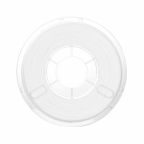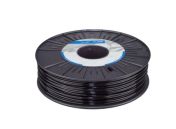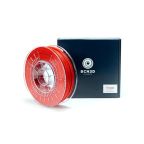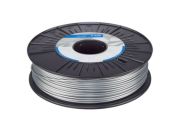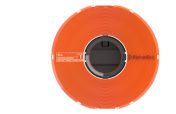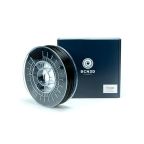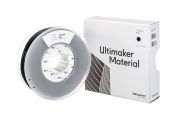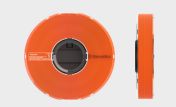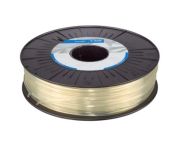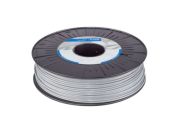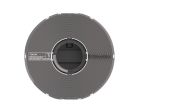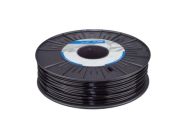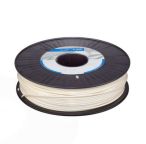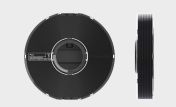3D Printing Materials
3D printing materials come in many different forms therefore before you purchase any you must consider a number of factors such as application and design of your product.
Buying a 3D printer is the first step the next step is buying the correct filament, it's important to know the type of material to use and their qualities. There are many materials that you can print and they all have different characteristics which can be defined to certain tasks. Filaments come in a range of colours and are usually placed on printer spools to be placed in or on 3D printers.
Frequently used 3D Printing Materials
The most frequently used filaments are plastics within FDM, SLA and SLS printing technologies. The fused deposition modelling (FDM) printing filaments are used the most within a range of environments.
Acrylonitrile Butadiene Styrene (ABS)
ABS is an extra-strong impact-resistant filament ideal for 3D printing of solid printed products. ABS filaments are used in FDM technologies, its the most affordable and accessible 3D printing technology. Due to the process stability and physical features of ABS, it is a widely used thermoplastic polymer in industry. The material is also very light and durable making ABS particularly suitable for tools, toys and all kinds of utensils. Printed at a slightly over-average temperature for ABS, this filament gives extra strong 3D print results.
Polylactic Acid (PLA)
PLA is manufactured using renewable resources. An advantage of using PLA over ABS is its biodegradable qualities, however, it can deteriorate when in contact with water. PLA can be one of the easiest materials to print with but can have a tendency to shrink after being printed.
Polyethylene Terephythalate (PET)
PET is used in today's environment within plastic bottles. PET main advantage is its food-safe properties, coupled with good chemical resistance. This material can be 100% recyclable and achieving the best printing results, print at 75-90ºC.
There are also other materials that can be used, Stereolithography materials (Epoxy Resins), Polycarbonate, HDPE, Metal filament, carbon fibre mix.
Typical Applications
3D printing can be used in a wide range of applications such as:
- General printing
- Hobbyist
- Medical
- Education
- Prototyping
- Jewellery
- Architecture models
- Aviation
- Engineering
Which materials can be used in 3D Printing?
Various materials can be used for 3D printing such as PLA, ABS plastic, polyamide (nylon), glass filled polyamide, stereolithography materials (epoxy resins), silver, titanium, steel, wax, photopolymers and polycarbonate.
Popular Searches
Related links
- RS PRO 1.75mm White PLA High Speed 3D Printer Filament, 500g
- Raise3D 1.75mm Yellow PLA High Speed 3D Printer Filament, 1kg
- Polymaker 1.75mm White PLA 3D Printer Filament, 3kg
- BASF 2.85mm Pearl White PLA 3D Printer Filament, 750g
- RS PRO 1.75mm White PLA 3D Printer Filament, 1kg
- RS PRO 2.85mm White PLA 3D Printer Filament, 2.3kg
- RS PRO 2.85mm White PLA 3D Printer Filament, 1kg
- RS PRO 2.85mm Silver PLA 3D Printer Filament, 1kg
